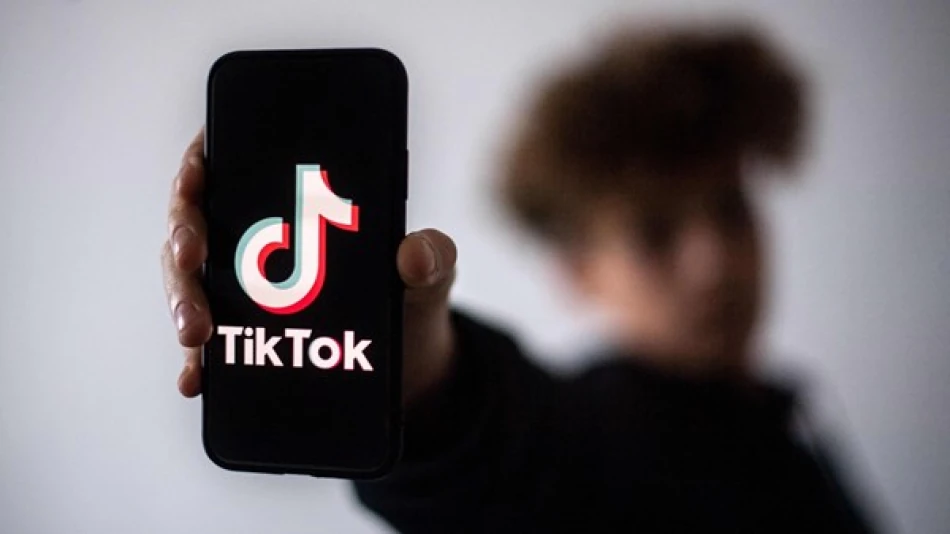
Trump Hints at Reaching Deal on TikTok Acquisition
Trump Signals TikTok Ownership Deal as US-China Tech Relations Enter New Phase
President Donald Trump hinted Monday at reaching an agreement regarding US ownership of TikTok, while announcing plans to speak with Chinese President Xi Jinping on Friday. The development suggests a potential breakthrough in one of the most contentious tech policy battles between Washington and Beijing, with implications extending far beyond the popular social media platform.
The Deal Takes Shape
Writing on his Truth Social platform, Trump cryptically referenced progress on a "certain company" that American youth desperately wanted to save, clearly alluding to TikTok without naming it directly. This careful language reflects the delicate diplomatic dance required to resolve the app's uncertain future in the US market.
The timing of Trump's announcement coincides with TikTok's temporary restoration of service to American users after a brief shutdown over the weekend, signaling that behind-the-scenes negotiations have likely intensified.
Broader US-China Commercial Engagement
Trump also praised what he described as a "very well" conducted trilateral business meeting involving the United States, European Union, and China. This positive assessment suggests the TikTok resolution may be part of a broader recalibration of US-China commercial relations under the new administration.
Strategic Implications for Tech Policy
The potential TikTok deal represents more than just saving a popular app—it could establish a template for handling Chinese-owned technology companies operating in Western markets. Unlike the previous administration's approach of seeking outright bans or forced sales, this framework appears to focus on ownership restructuring that satisfies national security concerns while preserving business operations.
Market and Investor Perspective
For investors, the TikTok resolution removes a significant regulatory overhang that has clouded valuations across the social media and broader tech sectors. ByteDance, TikTok's parent company, has faced years of uncertainty that limited its ability to pursue public offerings or major strategic initiatives in Western markets.
The deal structure, once fully revealed, will likely influence how other Chinese tech companies approach US market entry and compliance. Companies like Tencent, Alibaba, and newer players in artificial intelligence and fintech will be watching closely to understand the new parameters for operating under heightened scrutiny.
Comparison to Global Tech Regulation Trends
This approach contrasts sharply with India's outright TikTok ban in 2020 and the European Union's more fragmented regulatory response to Chinese tech platforms. Singapore and the UAE have taken more accommodating stances, viewing Chinese tech investment as economically beneficial despite security considerations.
The US resolution, if successful, could position America as finding a middle path—maintaining security oversight while preserving the economic and cultural benefits of global tech platforms. This balance may prove attractive to other Western allies grappling with similar dilemmas.
What This Means Going Forward
Trump's scheduled Friday conversation with Xi Jinping will likely determine whether this TikTok framework can extend to broader US-China tech cooperation. The success or failure of this model could influence everything from semiconductor trade to artificial intelligence collaboration between the world's two largest economies.
The resolution also demonstrates how quickly tech policy can shift with political changes, reminding companies and investors that regulatory risk remains a permanent feature of the global technology landscape.
Most Viewed News

 Layla Al Mansoori
Layla Al Mansoori






